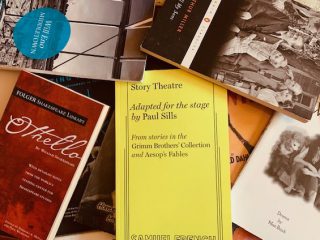So you want to write a winning play? Maybe you just found out about a playwriting contest but you have no idea where to start. Don’t worry, here are some tips for entering your first one-act playwriting competition!
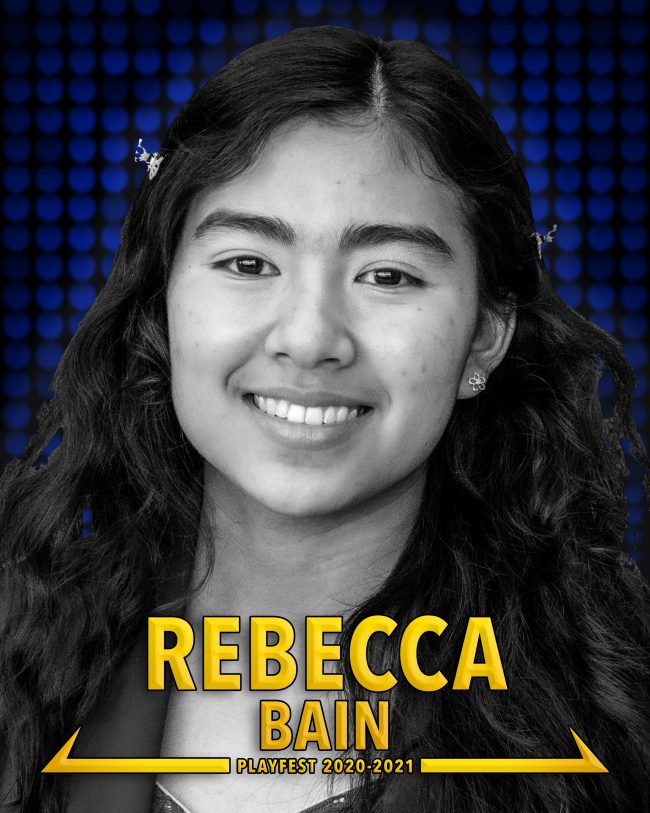
First Thing…
Read through all the rules and guidelines for the contest twice before you start writing your play, and then once more after you finish the play. Make sure to start writing the play with enough time to finish and edit before the contest deadline.
Public Domain or Completely Original?
All stories start with an idea; some ideas are really big and some are tiny. The key to a great one-act play is to have a story idea big enough to fill the one act, but small enough that you do not need a full length movie to tell it. Keep the story small! First start brainstorming some ideas: write them all down and then mark the ones that excite you the most, the ones that could work logistically on a stage, and the ideas that could be expanded upon to fit a one act. No matter how silly an idea feels, it might be amazing so don’t be afraid to write it down.
For one-act play contests a good target for length is around 15 minutes to 30 minutes. Definitely no shorter than 10 minutes (unless the rules specifically state it needs to be a 10 minute play) and no longer than 45 minutes as there’s a chance it won’t get picked because it is too long. You can easily check how long your play is after you have written it by reading it though at the pace you would want it acted out at, taking the time to fully do the stage directions you have written in.
Never use characters that someone else created unless they are in the public domain. For example, you could use any of Shakespeare’s characters or the original Sherlock Holmes character, but you cannot use Percy Jackson or Charlie Brown. It’s also perfectly acceptable to retell any story in the public domain, such as fairy tales or Greek plays. Being creative and retelling a story is great, but be careful as it can easily end up far too long! It’s easier to write the play if it is something that excites you or you’re passionate about. The great thing is the story is entirely up to you, you can write whatever you want.
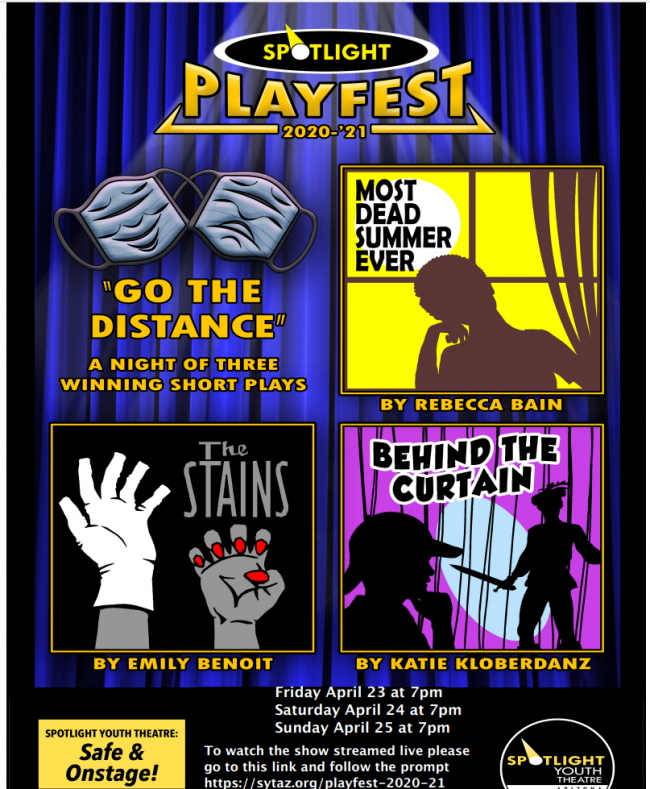
A Note About Stage Directions and Set
In a play, stage directions help guide the actors on where to go and what physical actions they perform on stage. You want to write enough stage directions so the judges will be able to picture the physical actions needed for your story to make sense. But do not go overboard with the directions or it will be hard for the judges to figure out where the lines are and where the stage directions are. Stage directions are usually italicized and in brackets as per this example:
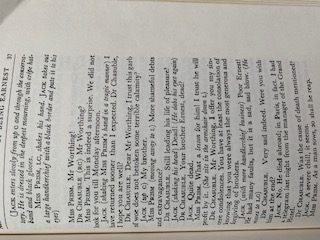
Don’t forget to write a few notes about what you want the set to look like so the judges will have a good idea of where the story is taking place. It doesn’t need to be detailed, it could be as simple as a teenage girl’s bedroom with a bed, desk, chair, and window, or a classroom with a blackboard and 12 chairs. It’s a simple description with a short list of things but the judges will now know where the action is taking place, and will have an idea of what it looks like. You could also write a play that is simply staged without a specific set and that’s good too, just remember to make it clear so the judges know.
Characterization
Since it is a one act there is not much time for characterization, but it is still very important to have well-thought-out characters. Here are some quick tips for developing your one-act characters:
Age: Figure out exactly how old they are, even if it’s never specifically stated in the dialogue of the play. They are your characters so you need to know! 14 or 62?!.
Quality: Find at least one defining attribute that shows the audience who each main character is: bookworm, fashionista, shy, overconfident, nerd, anxious, happy-go-lucky.
Want: Even though it is a one act, the main character needs to have a goal – something that they want more than anything, which will either be in spite of or because of their circumstance. If your main character wants nothing then it will be a very boring story.
Lingo: Once you know who your character is you have to figure out how you want them to talk, but keep it simple. E.g. if they’re a teenager they should sound like a teenager, maybe using slang or colloquial language. If you’re writing a character who has an accent you can either write the accent in the dialog, or you can denote in the stage directions and character list that the character has an accent.
Your characters should act and sound their age to be more believable and make the play more well-written. For more tips on writing characters for a short play check out our blog post on researching character development.
Format/Style
Now for the boring stuff, when writing your play make sure it is easy to read, put it in easy to font such as Arial or Times New Roman, Cambri, or any other font that’s easy to decipher. Font size should be no bigger than 14 point and no smaller than 10 point. There are several different ways to format a script, so always be consistent and make clear and easy to read. Remember to put characters names in uppercase, either as a whole (ALEXA) or first letter only (Alexa). Here are some examples of how to format your script:
(Alexa enters from downstage right)
Alexa: Hi. How are you doing? (Alexa moves to stage left)
Or like this:
(ALEXA enters from downstage right)
ALEXA
Hi. How are you doing?
(ALEXA moves to stage left)
Proofread, proofread, proofread!
It does not matter how amazing your story is if the judges cannot read it because it is full of grammatical errors and misspellings. Proofread before you submit your play, and have someone else edit it for you. I cannot stress how important this is to have someone check your play for grammar and spelling errors. If you don’t have anyone to do it for you or if you are too shy to let anyone you know read your play, at least take a break from it for 24 hours and when you come back proofread through it very slowly. Most judges will toss out a play if there are a lot of errors without even looking at the story.
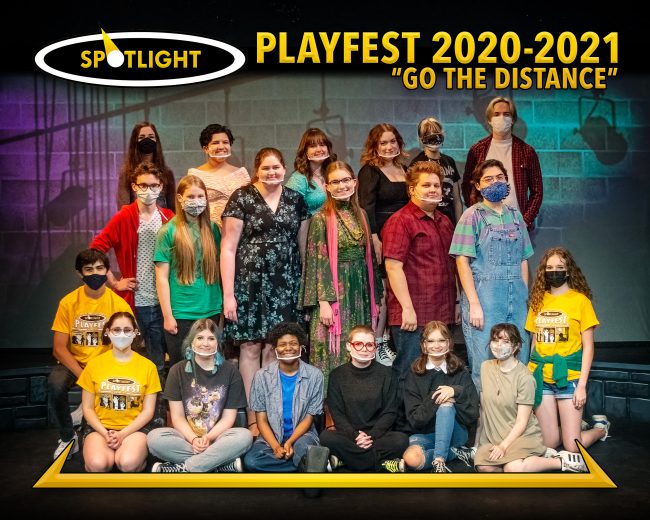
And finally…
There are many ways to end a play, just remember if you are not happy with your ending the judges probably won’t be happy with it either. This is your play and even if you do not win it should be something to be proud of. It was a journey and hopefully you learned a lot. Hey, congratulations you wrote a one-act play!




